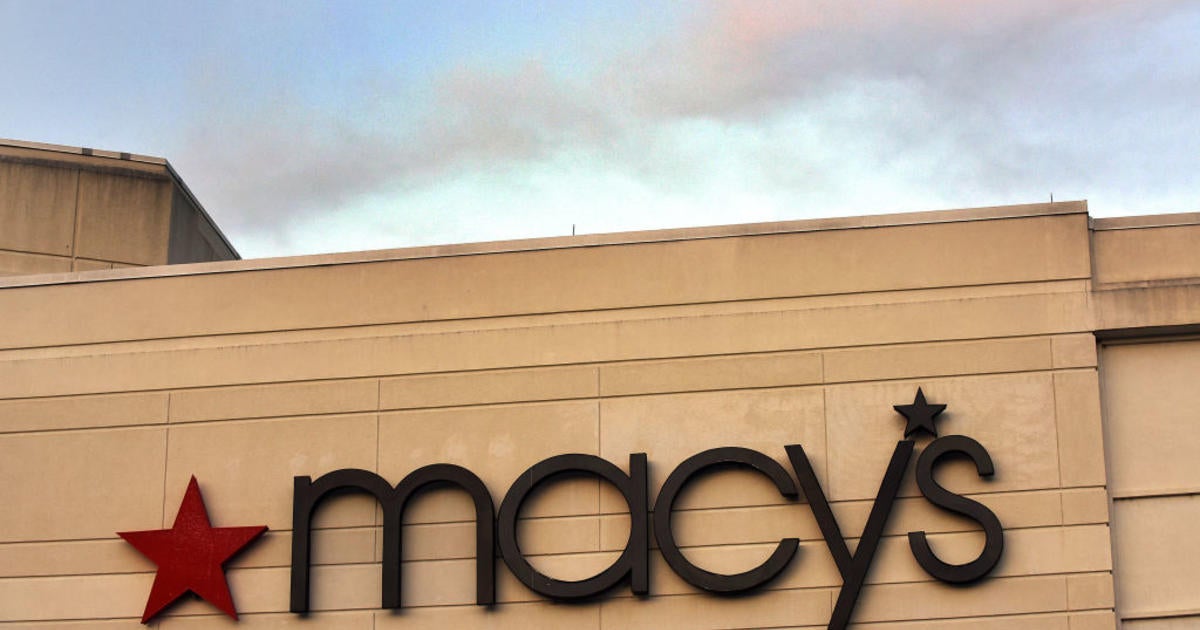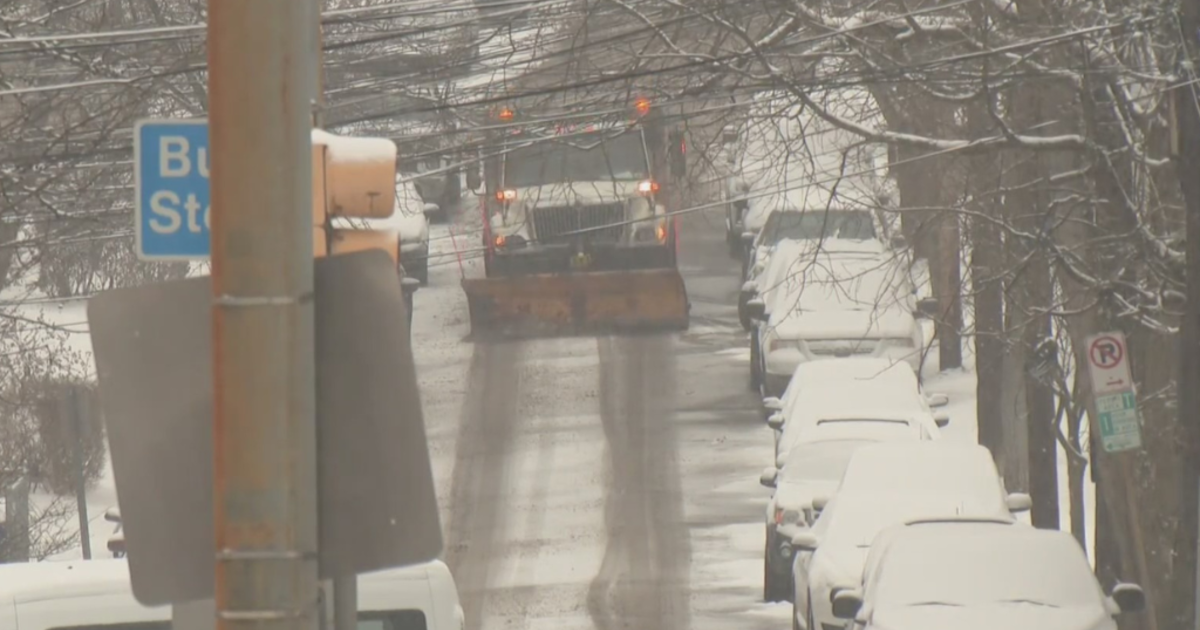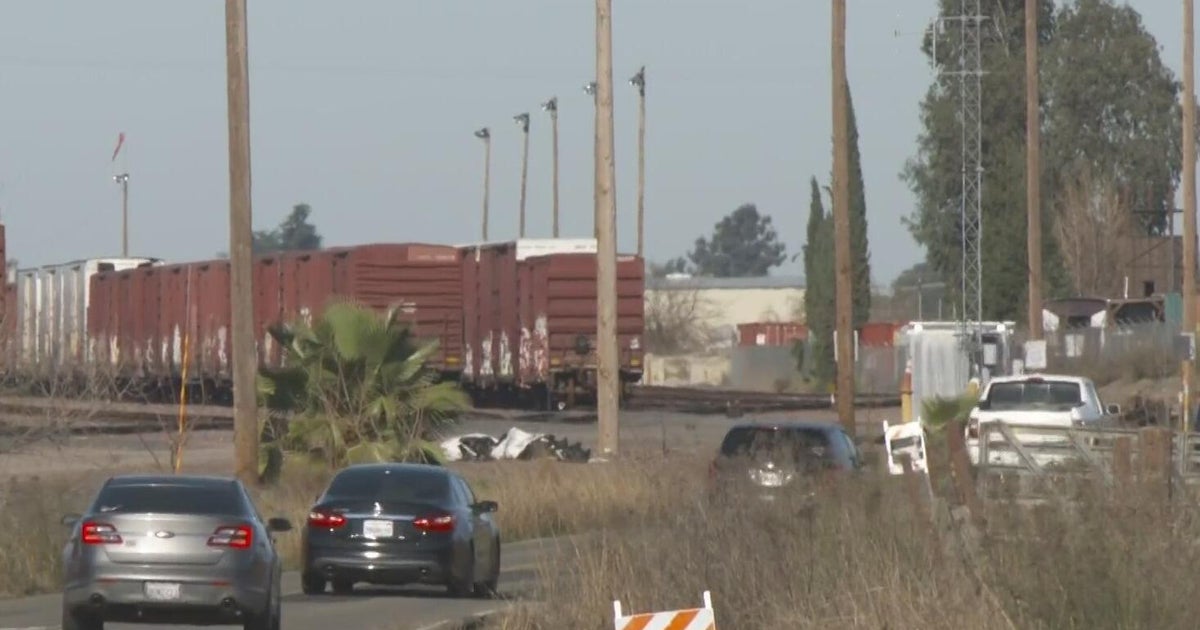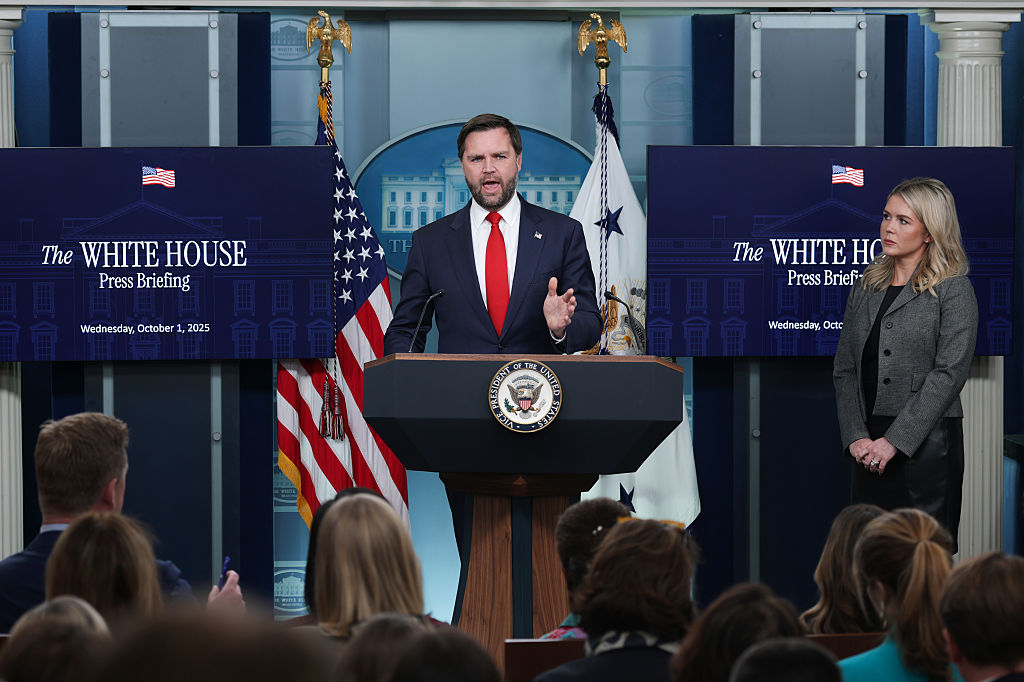Trader Joe's shuttered NYC wine store to snuff out union drive, workers say
The abrupt closure of a popular Trader Joe's wine store in New York City came just days before its 30 employees were planning to call a union election. Workers had been organizing for months and were ready to go public with the campaign, they told CBS MoneyWatch.
But on August 11, a few days before the planned announcement, the grocery chain suddenly shuttered the location, only informing affected workers of the closure at 12:01 a.m. that very day. Some employees learned that the store was permanently closing its doors when they showed up to work in the morning.
"I found out because I woke up to a million missed calls and texts," said Robert Bradlea, an employee who worked for four years at the Trader Joe's wine store and one of the leaders behind the union drive.
"That day was kind of a blur — waking up, being punched in the gut and drifting through the next hours, hearing how upset my coworkers were, hearing surprise from people who were used to shopping there," Bradlea said, adding that more than two-thirds of the workers were in favor of forming a union.
The closing "doesn't make sense to me, unless they didn't want to risk a successfully organized store winning a union vote," Bradlea said. "They are hoping to make an example of us so that other people don't follow suit."
Trader Joe's denies that the closure was union-related. Nakia Rohde, a spokesperson for the company, said the New York wine store was "underperforming" and that the company was searching for another location.
"Trader Joe's respects our Crew's right to support a union — or not," Rohde said in an email. "After 15 years of operating an underperforming wine shop and planning for a busy holiday grocery season, we decided that the best way forward is to support our Union Square grocery operations using the space previously occupied by the wine shop. For our loyal wine shop customers, we are actively looking for another location that will allow us to sell wine in New York and look forward to welcoming you into our new TJ's wine shop as soon as possible."
Unions gain momentum
Still, the unusual circumstances around the store closure highlight the high-stakes battle as a wave of retail workers try to unionize and supposedly progressive employers trying to dissuade them. Two Trader Joe's locations recently voted to unionize, with a third election scheduled at a Boulder, Colorado, store next week.
The New York City wine store would have been the highest-profile union drive at a company that has opposed organized labor, with CEO Dan Bane claiming in a 2020 letter that union-organizing campaigns were a "distraction" cooked up by labor leaders to sow division among workers.
The United Food and Commercial Workers, which was helping the wine store workers organize, called the closure "egregious and blatant union busting."
"They cannot be allowed to continue to do these types of things. This behavior is extraordinary," said David Young, the UFCW's head of organizing. "Nobody closes a profitable store in the dead of night with no notice to their employees."
Observers have also questioned the timing of the closure, with colleges set to reopen and a holiday shopping season that typically accounts for half a liquor store's annual sales. New York University, the property owner, told Gothamist there were several years remaining on Trader Joe's lease for the store, which was in Manhattan's Union Square neighborhood.
Standard practice
Rebecca Kolins Givan, an associate professor at the Rutgers School of Management and Labor Relations, said closing a store or other company facility is common way for employers to snuff out union activity.
"That is a frequent union-busting strategy," she said. But proving that an employer is closing a location because of union activity — a violation of federal law — is is hard to prove in court, and not heavily punished even when it can be shown to have occurred.
"Any minor penalties [employers] might incur are simply the cost of doing business," Kolins Givan said.
Other retail outlets have been closed of late where workers were pushing to unionize.
Chipotle closed an Augusta, Maine, location a month after workers at the store announced their intention to unionize. Amy's Kitchen abruptly closed a San Jose plant where workers had complained of unsafe conditions and where there was an active organizing campaign. And among 16 stores closed by Starbucks last month were two locations that had voted to unionize, while a third that was preparing for a union election.
In each case, the businesses denied the closures were union-related.
Employers have used such tactics for years. When meat-cutters at a Walmart store won union recognition in 2000 — a first in the company's history — the retail giant eliminated meat cutting across 180 stores and switched to selling pre-packaged deli items.
The UFCW said it's prepared to pursue charges of union retaliation before the government labor regulators. The company also may have violated New York State law, which requires most employers to give 90 days' notice of closures affecting 25 or more workers.
Trader Joe's said workers will be paid through August 28 and will be able to apply for other jobs at the company's 16 other New York City locations.
Bradlea said he has yet to hear details about a transfer.
"We still consider ourselves a union, even if we don't have a store anymore," he said. "What they've communicated, without saying it directly, is that we need a union. ... They were willing to close a neighborhood store, remove our livelihoods and even uproot the people who were against the union as collateral damage to avoid having to pay us more money."
He added, "They have galvanized us."





